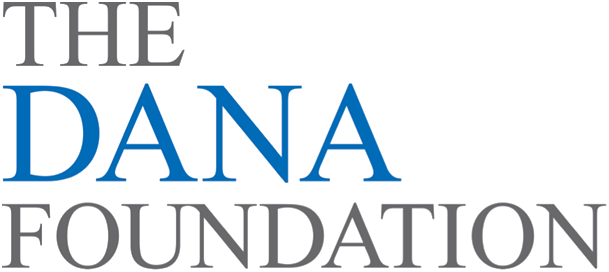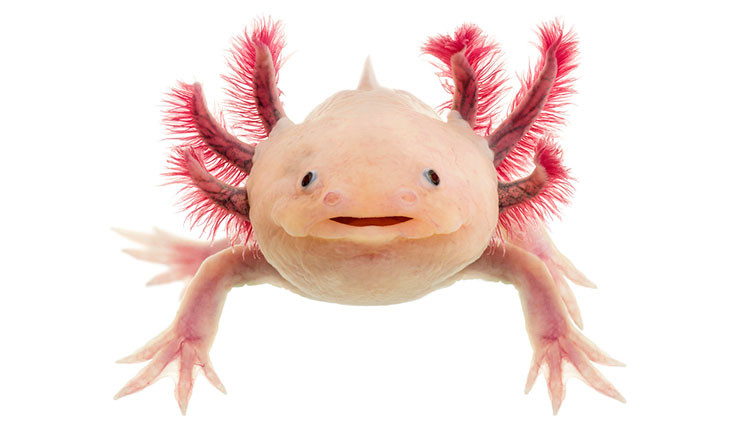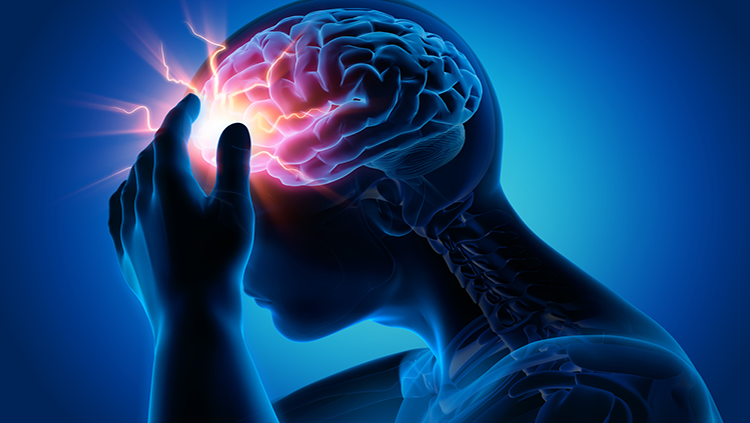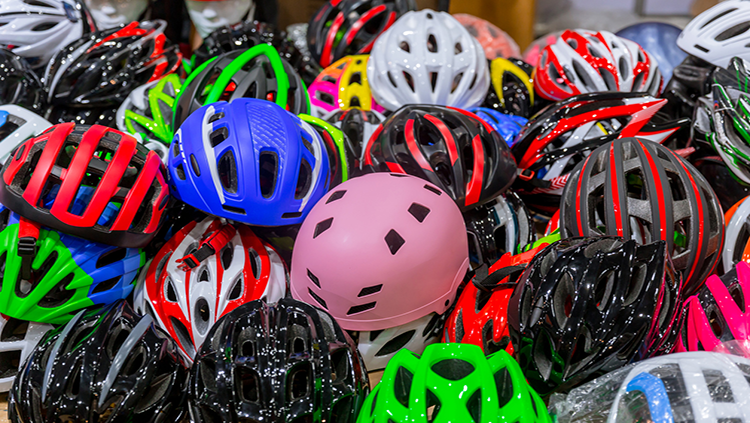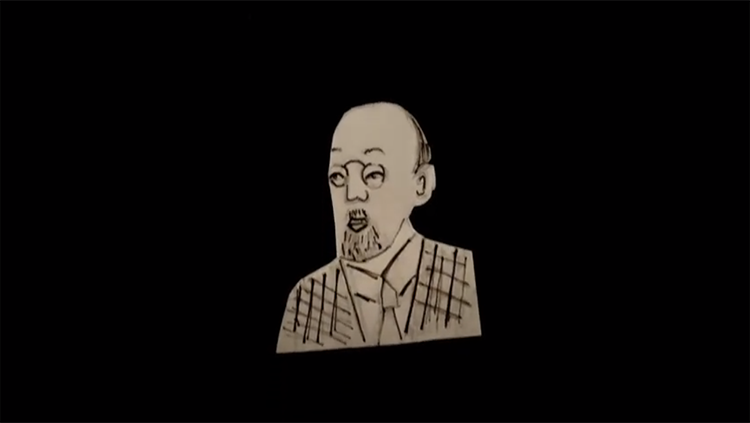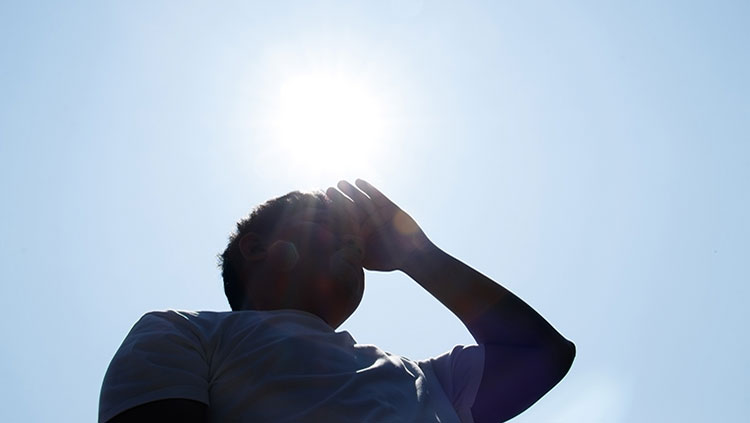When it comes to football’s concussion crisis, a picture has been painted with two clear sides. On one side are the concerned parents, media, and researchers. On the other are the players, who continue blocking and tackling, dismissive of the potential neurological effects.
Football players like John Arena prove it’s not so clear cut. The All-Conference senior linebacker at Johns Hopkins finished this past season with 48 tackles for the 10-1 Blue Jays. He has no regrets about his 13 years playing the sport. At the same time, he’s aware of the dangers of concussions. A neuroscience major with a 4.0 GPA, Arena was named the Academic All-American of the Year for Division III football. For the past year he has worked in a neuropathology lab at Hopkins studying traumatic brain injury.
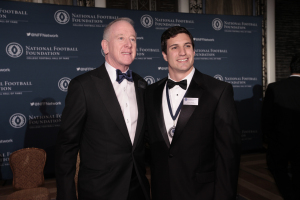
Does that seem incongruous, this big hitter on the field tackling research off of it? “Concussions are a real issue we face in our sport. My research is my contribution to a sport that’s given so much to me, to ensure the next generation can enjoy it,” Arena said on Tuesday in New York, where he was being honored as a scholar-athlete award winner by the National Football Foundation.
Arena’s mother survived a brain tumor she was diagnosed with when he was a toddler. While he doesn’t remember the specifics, he says it sparked his interest in neuroscience and medicine. At St. Joseph’s Prep School in Philadelphia, he took an advanced placement psychology class that touched on neuroscience and he decided to pursue it as a major at Hopkins. “I’ve loved it so far. It’s been exciting. There’s no turning back.”
In addition to football and his regular classroom work, Arena shadowed Zoltan Mari, M.D., in the school’s Parkinson’s and Movement Disorder Center, where he learned a lot about the disease and how it affects patients and their families. Wanting basic research exposure in addition to his clinical work, Arena contacted Vassilis Koliatsos, M.D., whose lab studies neural injury and repair. (Koliatsos co-authored a commentary for Cerebrum in 2010 on stem-cell therapies for neurodegenerative diseases.)
Since January, Arena has been working on a mouse model of mild, repeated traumatic brain injury. Going forward, he and his fellow researchers want to investigate the genetic impact on trauma-related neurodegenerative disease.
“If you look at football players, not everybody gets it. What are those genetic factors that work with the environment to produce [the disease]?” Arena will continue to work in the lab through the spring, though he graduates later this month. He is currently applying to medical school and should matriculate in the fall.
Asked if he ever worries about his own brain and the possible effects of all those tackles, Arena said, “It’s something I think about from time to time, but I don’t dwell on it. I wouldn’t pass up my football experiences for anything.” He doesn’t believe he’s ever suffered a concussion and he’s been impressed with his coaching and training staffs’ awareness surrounding head injuries.
Arena knows better than most the power of football both to improve a young person’s life and to destroy it later on. It is not an exaggeration to say that the future of the sport depends on the work of people like him.
-- Andrew Kahn
CONTENT PROVIDED BY
The Dana Foundation is a private philanthropic organization that supports brain research through grants and educates the public about the successes and potential of brain research.
Also In Injury
Trending
Popular articles on BrainFacts.org


